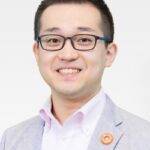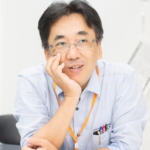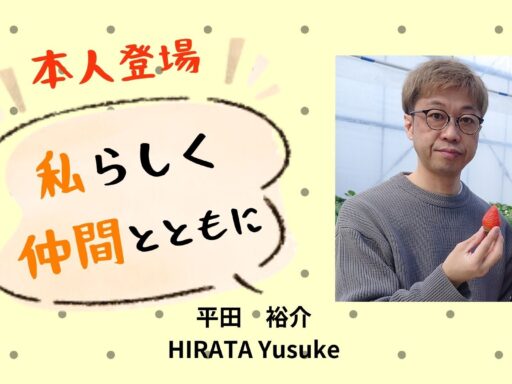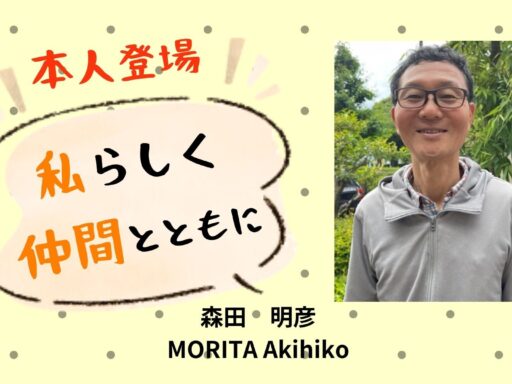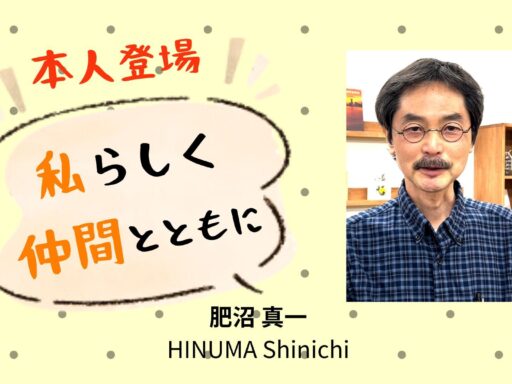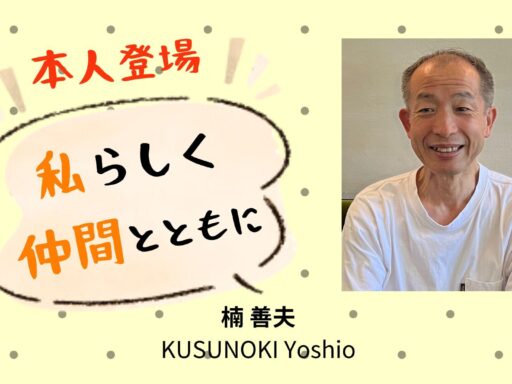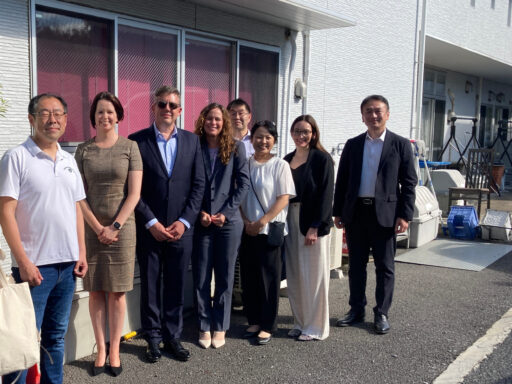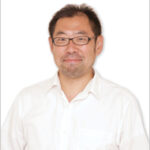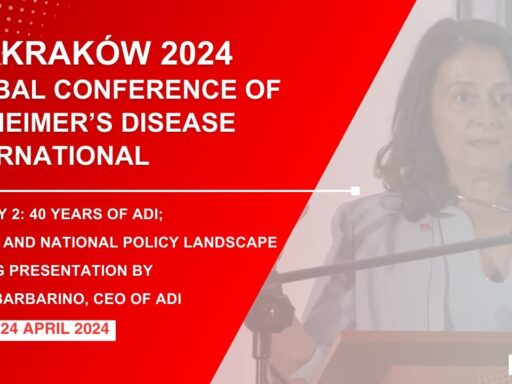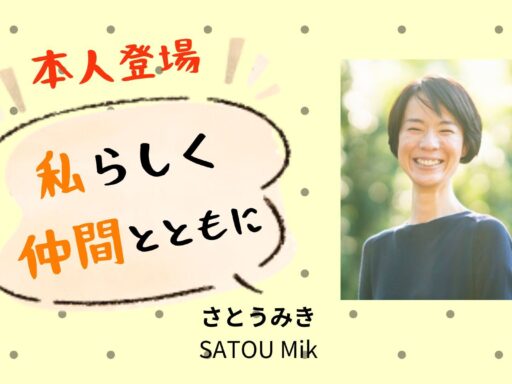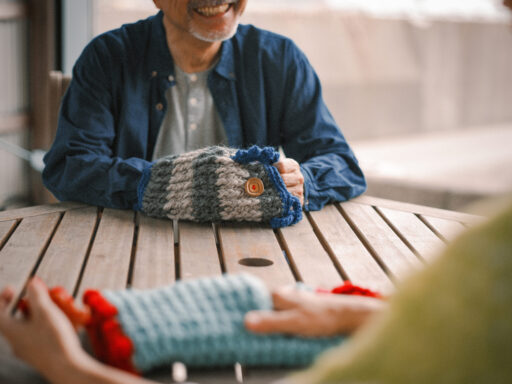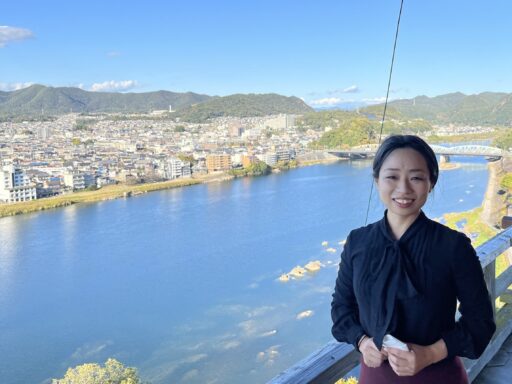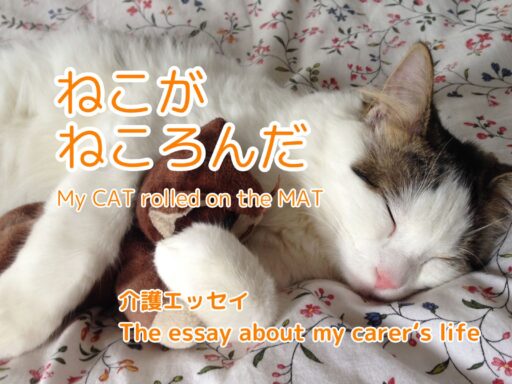Let’s increase the members of Friendly Dementia
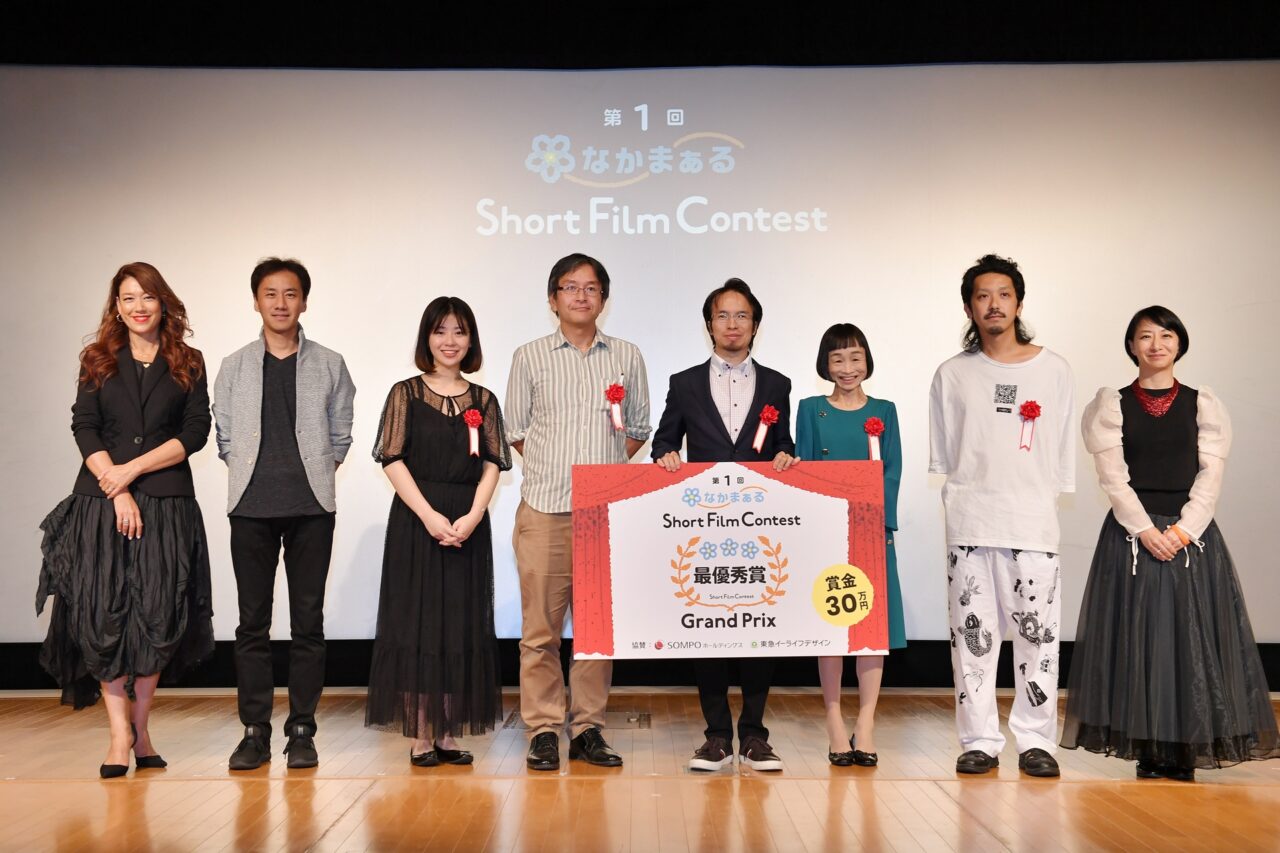
”Nakamaaru,” creating web media with people with dementia.
Nakamaaru is a concept web media about “creating together with people with dementia” created in 2018 by The Asahi Shimbun Company. The name comes from the combination of the Japanese words “Nakama” (friends/colleagues) and “Aru” (to exist/to have/to be located). We, the editorial department, want to be friends with people with dementia, and we want to develop this media as “a place to meet friends.”
We accepted Tomofumi Tano, a person with younger-onset dementia, as a special producer, to be involved in many projects, including video serializations. In addition, many people with dementia appear in Nakamaaru’s events, columns, and interviews. By valuing their own personalities and delivering a variety of dynamic content, I think that they can bring smiles and positive feelings to people diagnosed with dementia who may be feeling fearful. Also, I believe it will help change the old stereotypes prevailing in society, like, “dementia = end of life.”
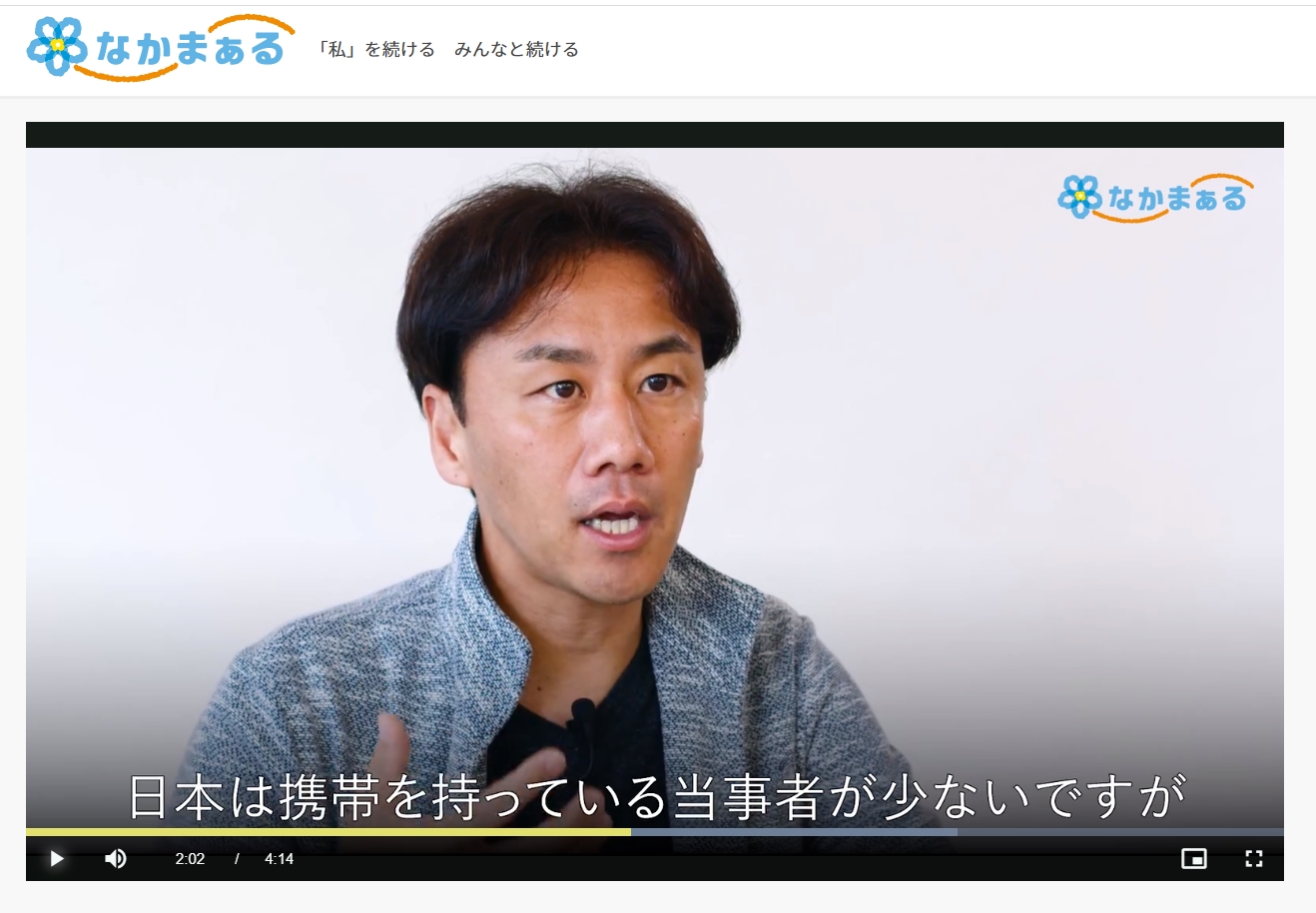
A scene from the video series “Small Talk” created by Tomofumi Tanno.
We are focusing on making content using manga and illustrations, so people that say dementia doesn’t have anything to do with them can see it. For example, Hiwa Asato’s “Dementia has begun” is a manga that shows the life of a father with dementia with Lewy Bodies living with his family, from the daughter’s point of view. The funny episodes depicting the discrepancies between old parents and the daughter and the odd controversies at home, perceived as stories that can happen to any family, have attracted many fans.
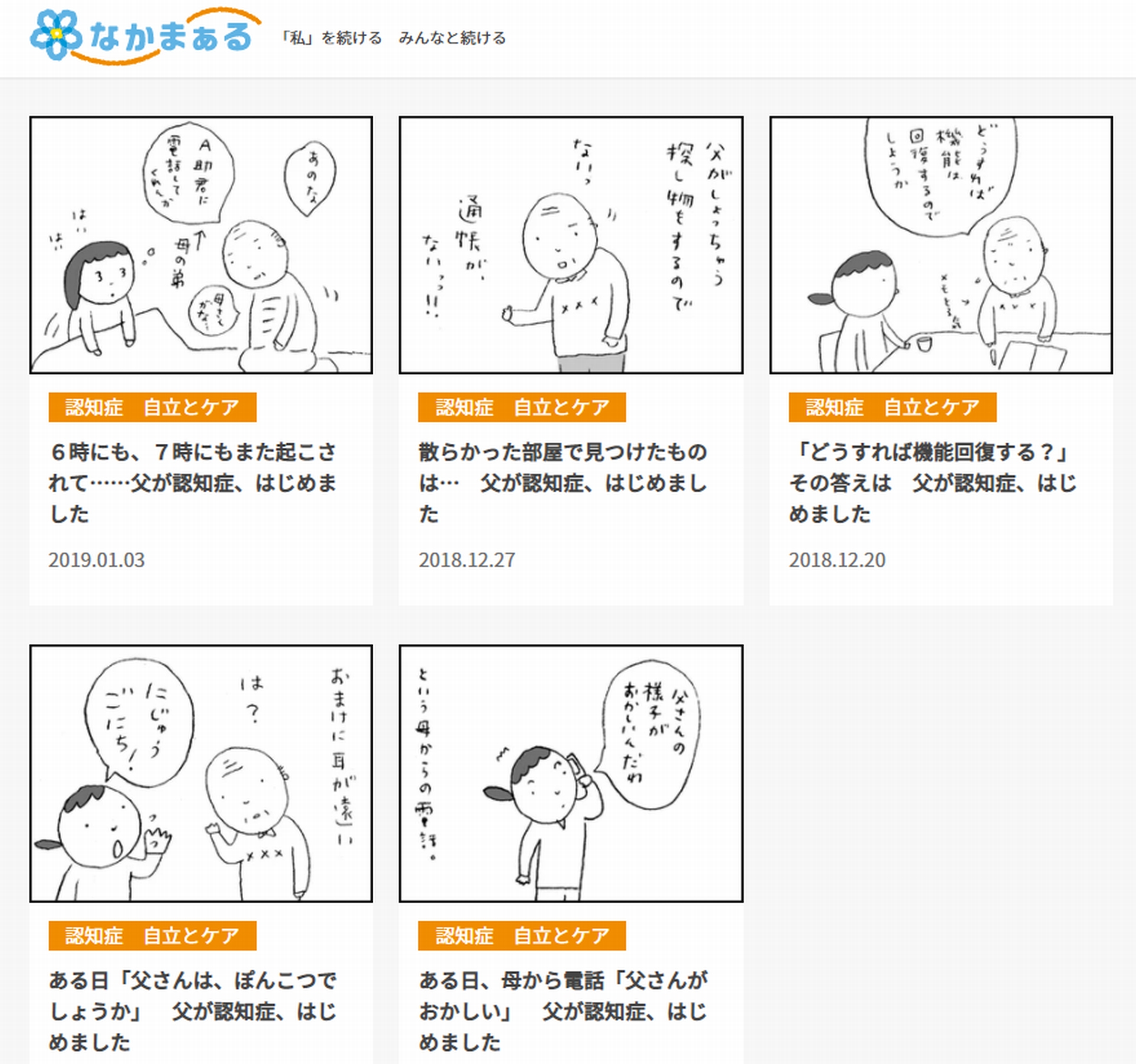
Hiwa Asahi’s manga “Dementia has begun.”
The enthusiasm at dementia cafés
In recent years, the number of dementia cafes has increased rapidly in Japan. In one of the signboard series, “Cossy’s Café Walk,” Mr. Soichi Kosuga , a leading expert in dementia café coverage, takes his partner Cossy (a puppet that looks exactly like Kosuga) to dementia cafes in many regions and makes a video report of the café they are visiting. The video contains plenty of information showing the atmosphere of the café, such as the voices of people gathered there, the sound of tableware with delicious food, and music that animates the place, etcetera. There is also a “Dementia Café Search” section where you can search the place by name or address; anybody can use it.
The spread of the Novel Coronavirus in the world in 2020 cast a shadow over dementia cafes, and events were canceled one after another. On the other hand, the number of dementia cafes that are holding events online has increased rapidly. Focusing on this movement, and the editorial department of Nakamaaru have set up a group on Facebook called “Dementia cafe meetings ‘toward posterity.’” We hold an online event once a month to discuss ideas for dementia cafes under the COVID-19 situation, know-how for going online, and measures against the spread of infections. Occasionally, fundamental discussions are held, such as, “What is the significance of dementia cafes?” and “Who are dementia cafes for?” where every time, from 100 to 200 people attend and listen to the live streamings, use the chat, and make comments in real-time.
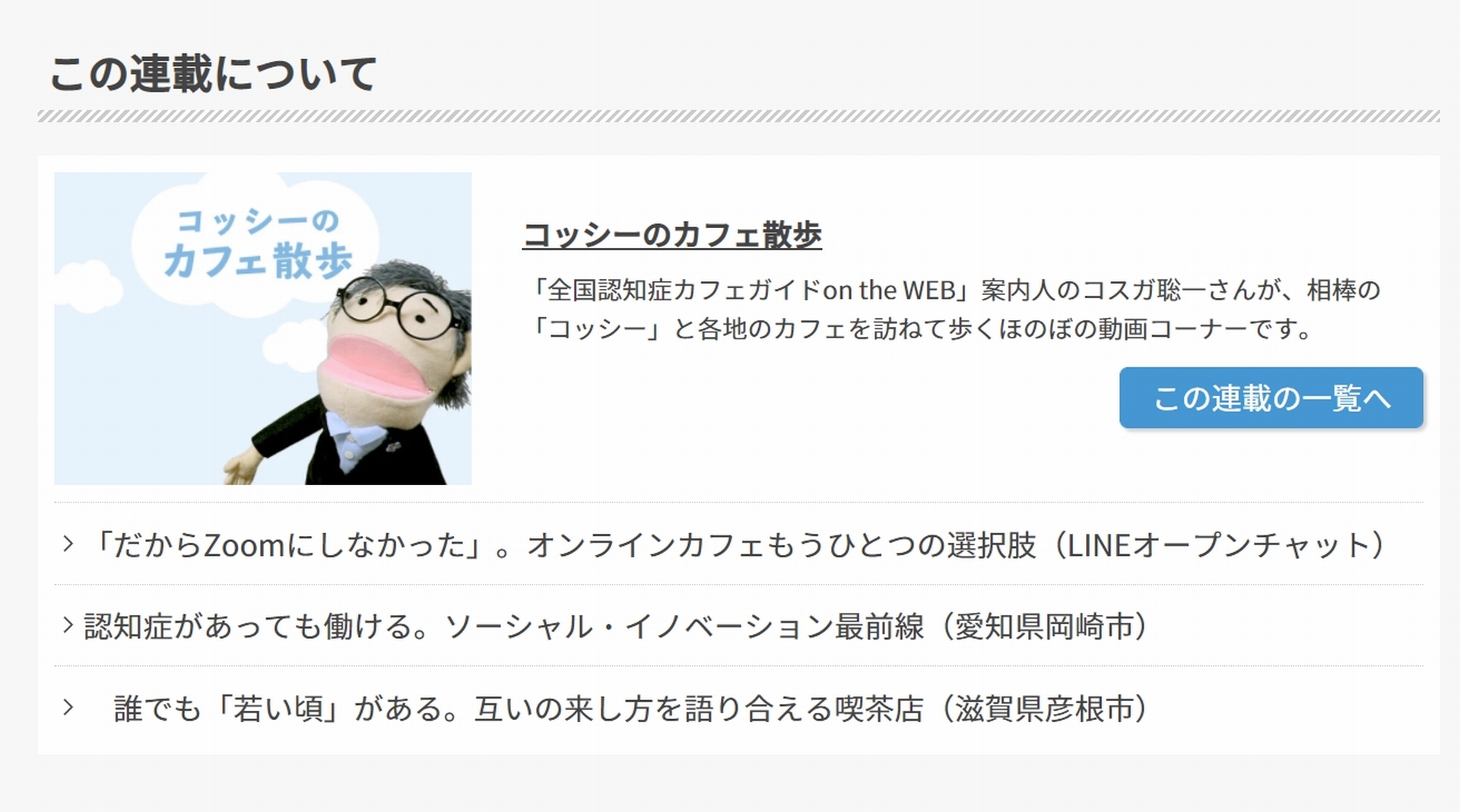
A video series “Cossy’s Café Walk” in which Cossy, the puppet that looks like Kosuga, plays an active role.
The only short film contest in Japan specializing in dementia
Since 2019, we hold the “Nakamaaru Short Film Contest” on September 21st, World Alzheimer’s Day, the only short film contest in Japan specializing in dementia. In 2020, for the second time, it was composed of 3 categories. The “Creator Category,” which judges professional works, the “Friendly Category,” where anyone can participate by posting 5-minute videos on social networks like Twitter, and the “Short Stories Category,” in which people can write short texts (400 to 2000 Japanese characters) related to dementia. It brought 38, 21, and 1329 works, respectively, in each category. The award ceremony for the two short film categories will be held online on September 26th. We welcomed the movie commentator LiliCo as the main guest; we had a conversation full of energy with other directors connected online. The award-winning film in the short story category was read aloud by the actress Momoko Kikuchi who was addressed as a special supporter, and the recorded video of the event was released on Nakamaaru.
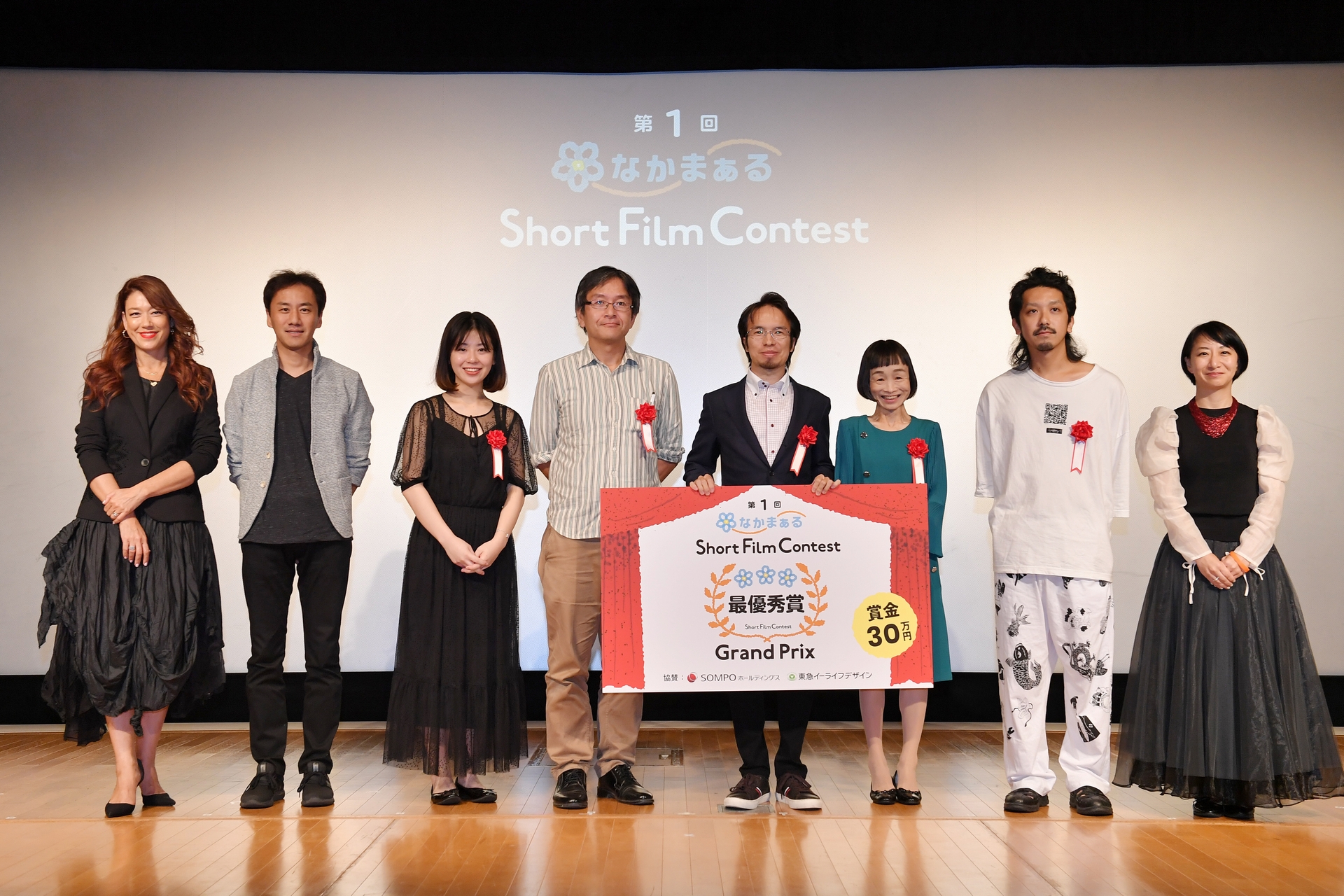
The award ceremony for the first Nakamaaru Short Film Contest (held in 2019). Director Takashi Sakabe, in the center, who worked on “The Right Combination,” awarded with the highest prize.
*You can watch “The Right Combination” here
Contributing to the development of a dementia-friendly society
Some people ask“Do people with dementia use the internet?”. According to the Ministry of Health, Labour and Welfare, the number of people with dementia aged 65 and over in Japan will reach 7 million by 2025. Looking at the “Annual Report of the Aging Society” of the Cabinet Office in 2019, the internet usage rate for people aged 60-69 (as for 2017) is 73.9%, and that for 70-79 years old is 46.7%. Compared to 2010, the increasing trend of internet usage was more remarkable than other groups of different ages. This trend is likely to gain strength due to the Covid-19 pandemic. On the other hand, there is a big tendency for early detection of dementia. Certainly, more people seek information to continue “living in their way” while dealing with dementia.
The Nakamaaru catchphrase is, “It doesn’t matter if you have dementia, or I have dementia.” We want to contribute to a “dementia-friendly society” where anyone can live with peace of mind in Japan, in the world, and achieve further evolution while increasing the number of “Nakama” (friends/colleagues).
Profile
The editorial department of Nakamaaru is a small household of 6 people (2021). Yet, everyone who regards dementia as their own is “Nakama.” We think day and night to see if there is something interesting we can do together to change the old perception of dementia. We were able to shift to work remotely quickly during the spread of Covid-19, thanks to Tokmofumi Tanno, the special producer, who taught us how to use Zoom (the online conferencing system) from the beginning.

Public contact information
Website: Visit Nakamaaru!


